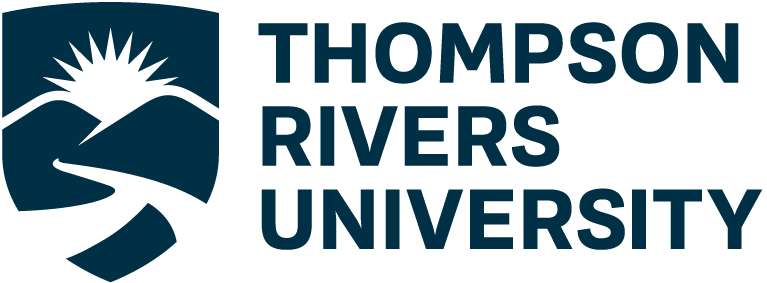Research Coach: Abu Harera Nadeem
The process was amazing and rewarding; it gave me the incredible opportunity of introducing research processes to second-year students, potentially encouraging them to pursue research during their undergraduate careers.
Abu Harera Nadeem, BSc. Chemical Biology Hons.
How did you become a Research Coach? What was that process like?
I became a Research Coach through an offer from my research supervisor, Kingsley Donkor. The process was amazing and rewarding; it gave me the incredible opportunity of introducing research processes to second-year students, potentially encouraging them to pursue research during their undergraduate careers.
Tell us about the project that you worked on with the class, take us through the semester step by step.
The project I worked on with the class consisted of two assignments: a written report and a research poster. After introductions to the class were made during the beginning of the semester, I visited them occasionally (around once every 2-3 weeks) to check on the second-years and update them about assignment deadlines. The written report was due near the middle of the semester, while the poster was due at the end of the term, and there was a conference associated with it where students could present their posters and engage with others. We also held workshops before each assignment was due.
What was it like to work alongside your faculty mentor? How did you collaborate?
Working alongside Kingsley Donkor was great, as he provided beneficial suggestions and was flexible. He also allowed us to visit his class whenever we wanted, which was very convenient.
How did the students engage with research, and did anything surprise you in the process?
The students engaged with research in a curious and exciting way, often asking questions and being stunned by the research process and the results one can produce, along with the impact of research.
How did you mobilize the students’ research?
The students’ research was mobilized through creating a research conference, where students could present their posters and engage with other students—similar to how an actual research conference may play out.
What would you like others to know about the Research Coach program?
The Research Coach program provides a unique opportunity to teach second-year university students about the process of research. This program is very impactful, as it provides information for students interested in research and can steer them in the right directions that will benefit their experience at TRU and their careers.
What’s next for you in research? What are you feeling curious about?
I plan on finishing the research that I am currently doing, and then after that, I will see where my road takes me!

